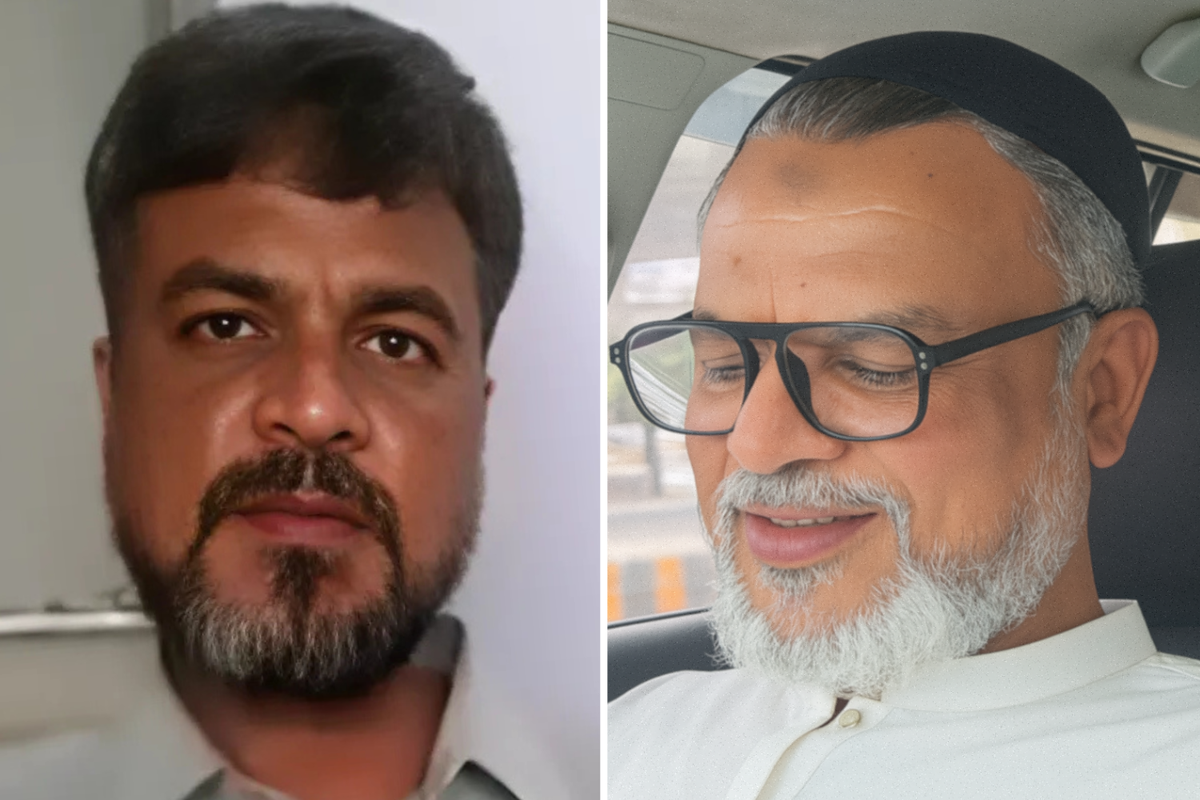Pakistan court acquits two MQM men in 1997 murder of govt official
Shahid Hamid, former KESC managing director, was murdered in 1997. Today, the court acquitted two suspects arrested in 2016, citing lack of evidence
Ahmer Rehman
Senior Correspondent
Ahmer Rehman Khan is a experienced Journalist with over 17 years of expertise, specializing in crime and investigative reporting. His career includes serving as the Chief Crime Reporter at Samaa TV, where he led significant coverage of crime events. Prior to that, he held Senior Correspondent roles at major news networks including Geo TV, Dunya TV, Express TV, and Aaj News.

An anti-terrorism court (ATC)in Pakistan has acquitted two men linked to the Muttahida Qaumi Movement (MQM), an erstwhile political force in Karachi, in the 1997 murder case of Shahid Hamid -- a senior government official who headed the city’s power utility.
The court in Karachi ruled that there was insufficient evidence to convict Minhaj Qazi, a former security in-charge at MQM’s headquarters, Nine Zero, and Mehbub Ghufran. Both had been arrested nearly two decades after the killing.
Shahid Hamid, then managing director of the Karachi Electric Supply Corporation (KESC) -- now K-Electric -- was gunned down along with his driver and guard on July 5, 1997, in Karachi’s Defence Housing Authority.
The high-profile assassination sent shockwaves through the city, as officials said Hamid had been spearheading anti-corruption efforts and pushing to reform the power utility -- actions that allegedly drew resistance from union groups and political factions, including those linked to MQM.
In 1999, MQM worker Saulat Mirza was sentenced to death by an anti-terrorism court for his involvement in the killing and was executed in 2015 in Balochistan’s Machh Jail. The case remained open for other alleged accomplices who had fled.
Qazi was arrested in February 2016, following a major security operation launched against MQM the previous year. In May of that year, he was produced before the anti-terrorism court for an identification parade the same year.
Longtime fugitives face trial after security operation
Among the key witnesses were Shahid Hamid’s widow, former bureaucrat Shahnaz Hamid, and their son Omar Shahid Hamid, now a senior police officer. In court, both identified Qazi as one of the gunmen who fired on Hamid’s vehicle with assault rifles.
They had also testified that the MQM held significant sway over KESC at the time, and alleged that some MQM-affiliated ministers and union leaders were opposed to Hamid’s reform agenda.
However, after years of legal proceedings, the court ruled on Monday that the prosecution had failed to present conclusive evidence against Qazi and Mehbub Ghufran, leading to their acquittal.
Ghufran had been arrested several months after Qazi. According to reports, he was accused of driving Mirza and Qazi to the crime scene and later facilitating their escape following the assassination.
The MQM
Founded in the mid-1980s by Altaf Hussain, MQM was once a dominant political force in Karachi, representing the Urdu-speaking community that migrated to Pakistan during the 1947 partition.
However, the party’s fortunes shifted dramatically following a 2015 security crackdown. Hussain’s relationship with the Pakistani state further deteriorated after a controversial speech widely condemned as anti-state.
The fallout triggered a formal split, with the party’s Pakistan-based leadership distancing itself from the exiled founder and forming a new faction, MQM-Pakistan, which now operates as the party’s mainstream political arm in Karachi and parts of Sindh, publicly disavowing any ties to Hussain. Still, some political analysts argue that the split was driven less by internal party dynamics and more by intense external pressure following the crackdown.










Comments
See what people are discussing